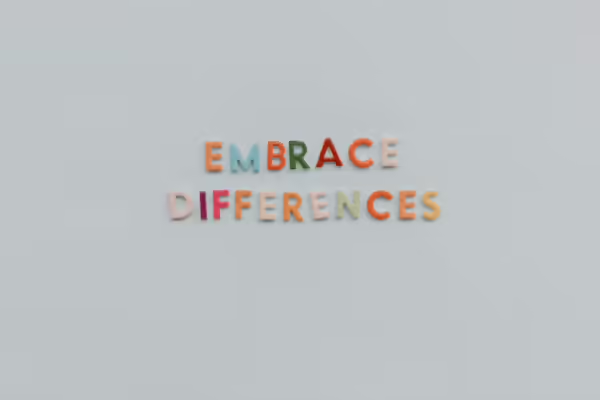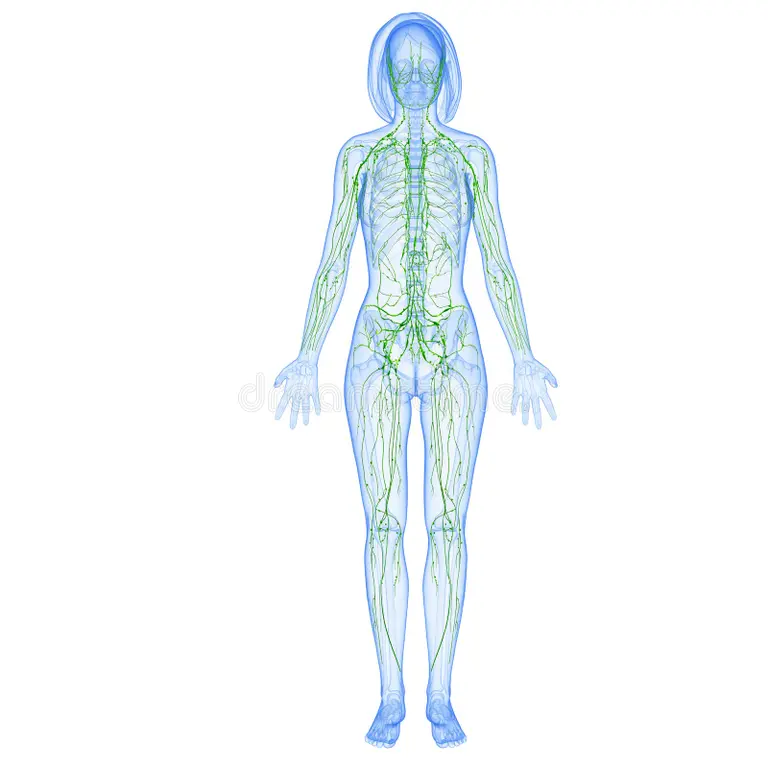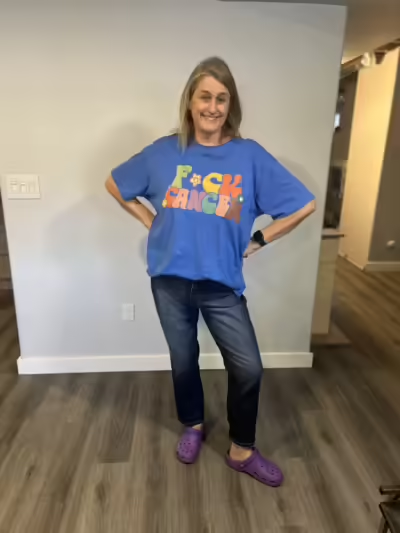The Lancet’s Breast Cancer Commission, published on April 15, 2024, predicts that by 2040, the global incidence of new cases of breast cancer will be more than 3 million per year, with the greatest rise of breast cancer deaths globally in low-income and middle-income countries. Currently, there are 2.3M women globally diagnosed with the disease. This increase represents a projected 30.4% increase in breast cancer occurrence worldwide.
Breast cancer most common form of cancer in women
Breast cancer continues to be the most frequently diagnosed cancer in women (23·8% of 9·7 million new cases) and a leading cause of cancer death in women (15·4% of 4·3 million deaths). While the prevalence of cancer and the rate of mortality varies by geographical region, countries with the lowest Human Development Index are anticipated to see the highest and fastest rise in burden by 2025.
Breast cancer has historically been considered to be a disease of largely developed countries. Breast cancer incidence is highly correlated with human development. The human development index, a composite measure of life expectancy, education and wealth, is a more useful comparator between countries than income alone.2 As such, countries with the highest levels of human development have the highest incidences of breast cancer. And yet, over half of breast cancer diagnoses and two-thirds of breast cancer-related deaths occurred in the less developed regions of the world in 2020.
Breast cancer deaths high in low to middle income countries
Low to middle-income countries have typically had a low breast cancer incidence rate but a high mortality rate when contrasted with counterpart Western nations which have a high incidence but low mortality rate for the disease.
This disparity is very likely due to underdiagnosis and under-reporting of the disease. According to Hologic’s Women’s Health Index, only 11% of women worldwide are screened for any form of cancer. In developing parts of the world there is a lack of awareness about the disease, societal barriers to early diagnosis and treatment, little to no screening protocols, limited or no access to diagnostic centres in rural areas for early detection, and lower standards of healthcare facilities. These factors contribute to the low incidence and higher mortality rates noted above.
According to the WHO, bridging inequities in breast cancer outcomes requires systematic improvements in access to resource-appropriate and quality services. The World Health Organization’s Global Breast Cancer Initiative (GBCI), established in 2021, brings together stakeholders from around the world and across sectors with the shared goal of reducing breast cancer by 2.5% per year. Over a 20-year period this would save 2.5 million lives, by averting 25% of breast cancer deaths by 2030 and 40% by 2040 among women under 70 years of age. The GBCI has established three pillars toward achieving these objectives. These are:
- Health promotion for early detection
- Timely diagnosis; and
- Comprehensive breast cancer management.
It is the ambition of the GBCI that through public health education to improve awareness among women of the signs and symptoms of breast cancer. Together with their families, they can come to understand the importance of early detection and treatment, consult medical practitioners when breast cancer is first suspected, and ideally, catch any cancer present is advanced.
To end on a positive note, the WHO also believes this goal is possible and achievable, even in the absence of mammographic screening, which for many countries is still impractical or at best, in its infancy.




